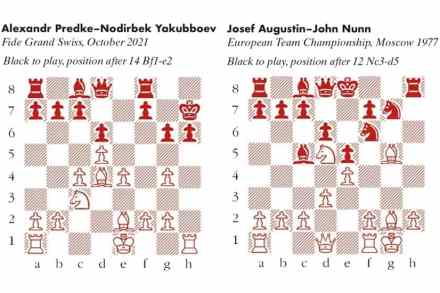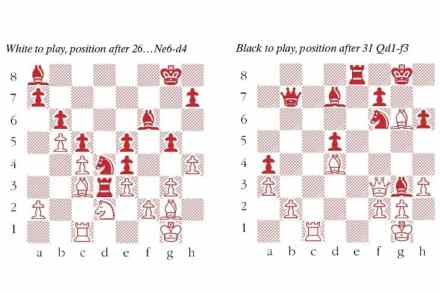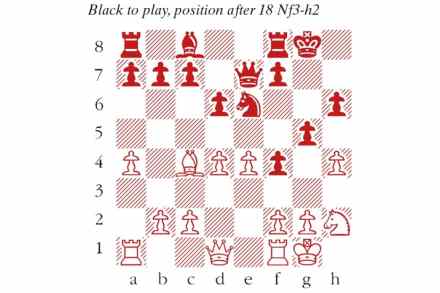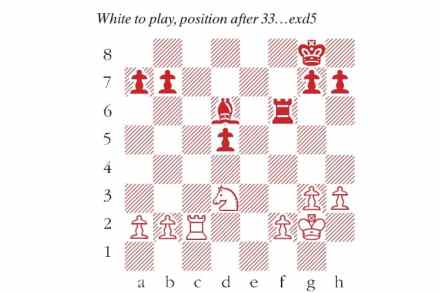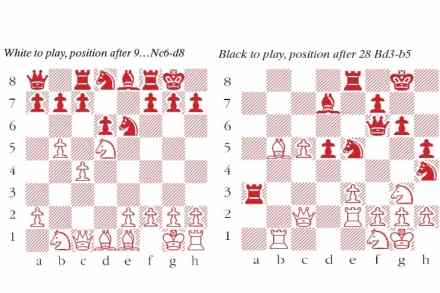Carlsen’s breakthrough
Game 6 of the Carlsen–Nepomniachtchi world championship match was one for the ages. After draws in the first five games, the world champion broke the deadlock with a 136-move victory — the longest in world championship history. It lasted almost eight hours, and Nepomniachtchi made the final mistake in an endgame with a lone queen




